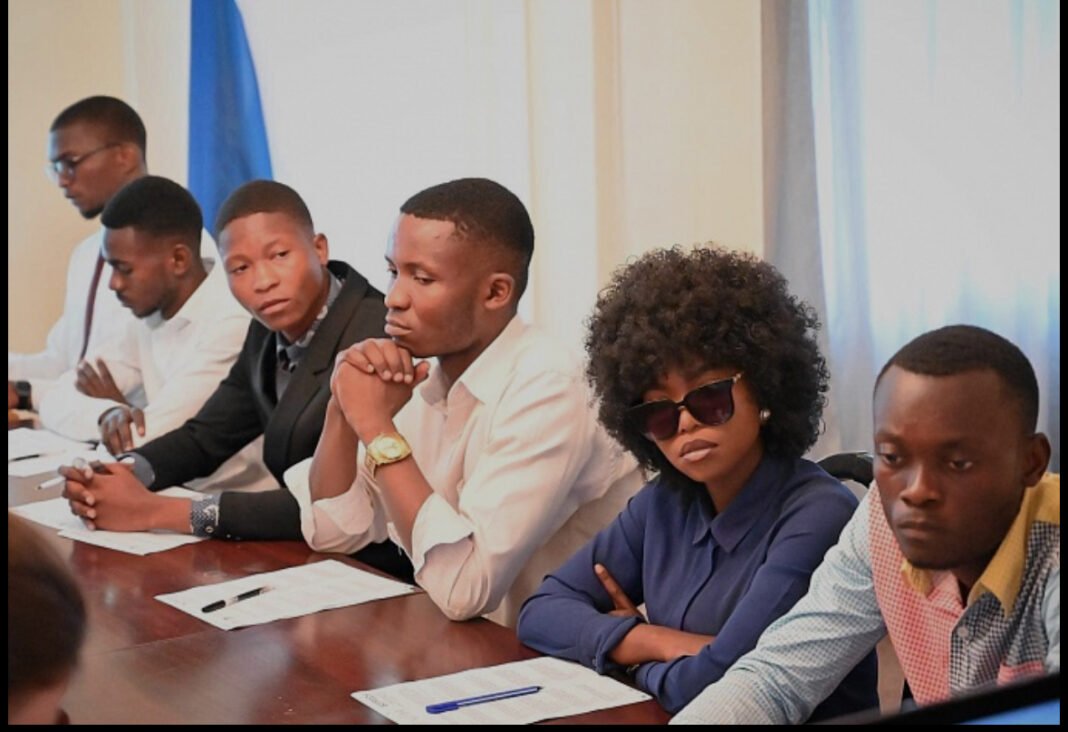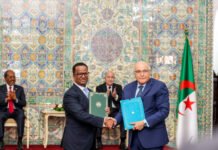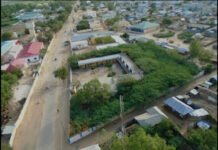MOSCOW, (HAN) — October 18, 2025 (HAN) — Russia has announced the allocation of 5,000 fully funded university scholarships for African students this year, underscoring its deepening engagement with the continent through education and cultural exchange.
The new scholarship program, unveiled by Rossotrudnichestvo, Russia’s state agency for international cooperation, comes after a surge in applications — more than 40,000 African students applied, double the number recorded last year.
According to Rossotrudnichestvo chief Yevgeny Primakov, the majority of applicants came from Sudan, Guinea, Ghana, and Chad, reflecting Russia’s growing appeal as an educational destination for African youth.
The scholarships will cover tuition fees, accommodation, and living expenses, allowing students to pursue undergraduate and postgraduate degrees across Russian universities in disciplines such as engineering, medicine, agriculture, and international relations.
Primakov said Russia is not only increasing the number of scholarships but also expanding its educational outreach through partnerships and cultural centers known as “Russian Houses.” These centers now operate in 14 African countries, including Egypt, Zambia, Tanzania, South Africa, and Ethiopia, offering Russian language courses, cultural programs, and academic exchange opportunities.
“The interest in Russian education is growing rapidly across Africa,” Primakov said. “We are seeing young people who want to study, work, and build professional connections with Russia.”
Observers say the initiative is part of Moscow’s broader strategy to strengthen soft power ties across Africa amid intensifying global competition for influence on the continent. By investing in education and training, Russia aims to cultivate a new generation of African professionals who are familiar with Russian institutions, technology, and language.
Russia currently hosts an estimated 35,000 African students, many of whom are studying under government-funded programs or bilateral agreements. Educational cooperation was one of the key themes discussed during the Russia–Africa Summit held in St. Petersburg in 2023, where Moscow pledged to expand scholarships and technical training for African youth.
For many African countries, the offer provides a valuable opportunity to build human capital in fields critical to national development, especially as higher education systems across the continent face funding constraints.
Analysts note that the growing interest in Russian universities also reflects diversifying global education choices, as African students look beyond traditional destinations in Europe and North America.
“Russia’s scholarship expansion sends a clear signal that Moscow wants to be seen as a long-term educational partner to Africa,” said a regional analyst. “It’s a blend of diplomacy, development cooperation, and strategic engagement.”
With the new scholarship wave, thousands of young Africans are expected to begin studies in Russian cities such as Moscow, St. Petersburg, Kazan, and Novosibirsk later this year — a move that could further strengthen people-to-people ties between Russia and the African continent.





